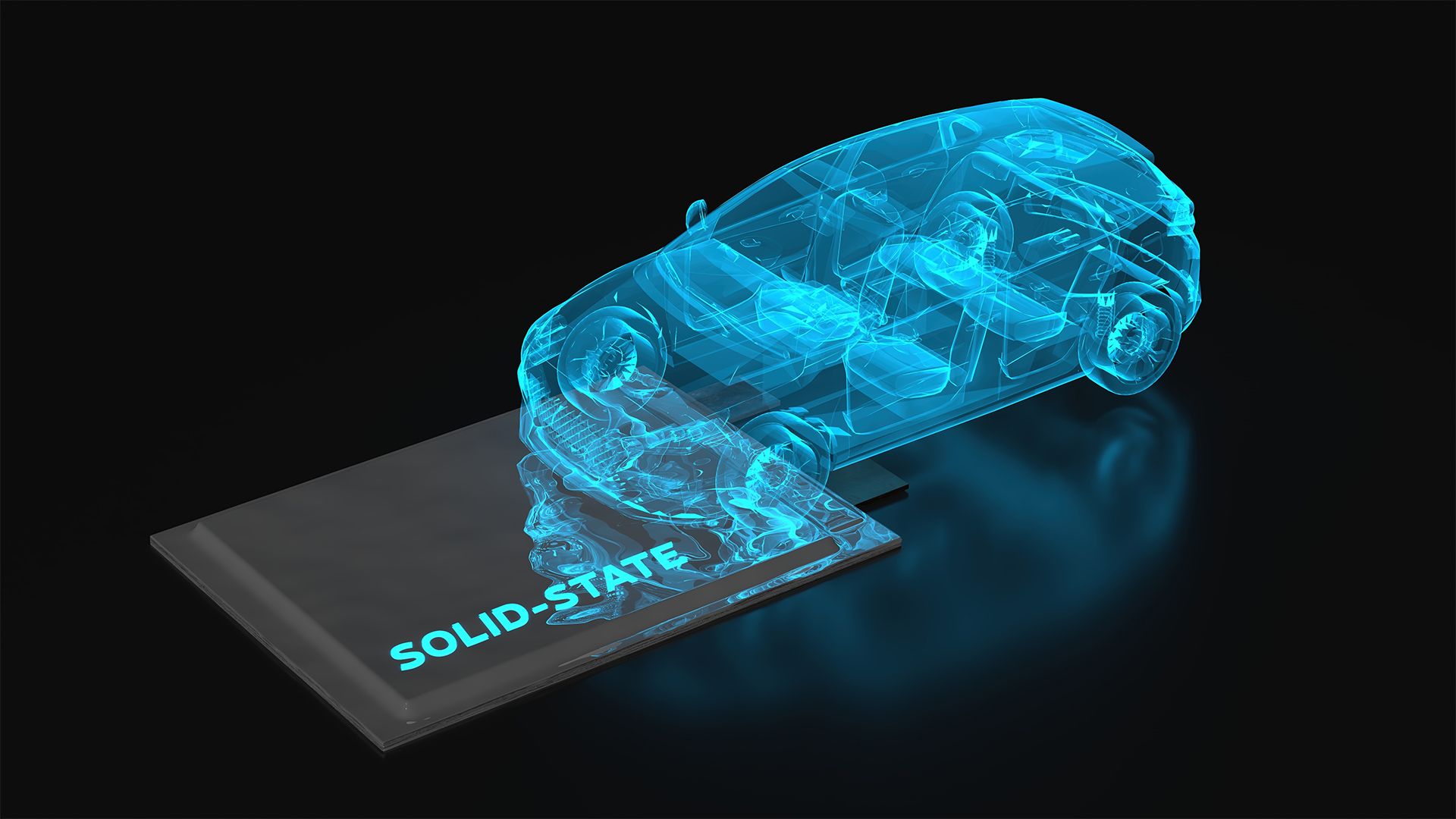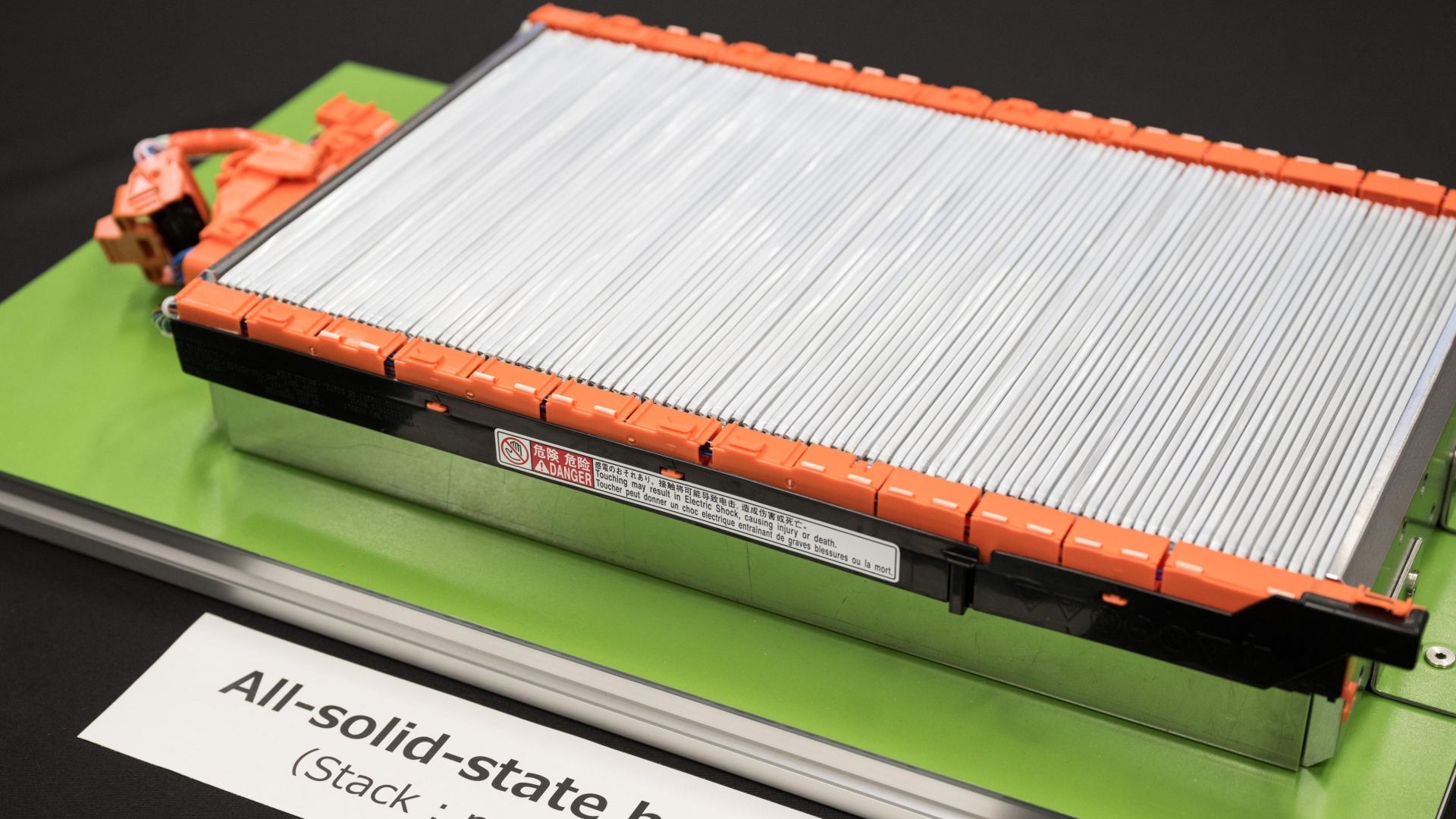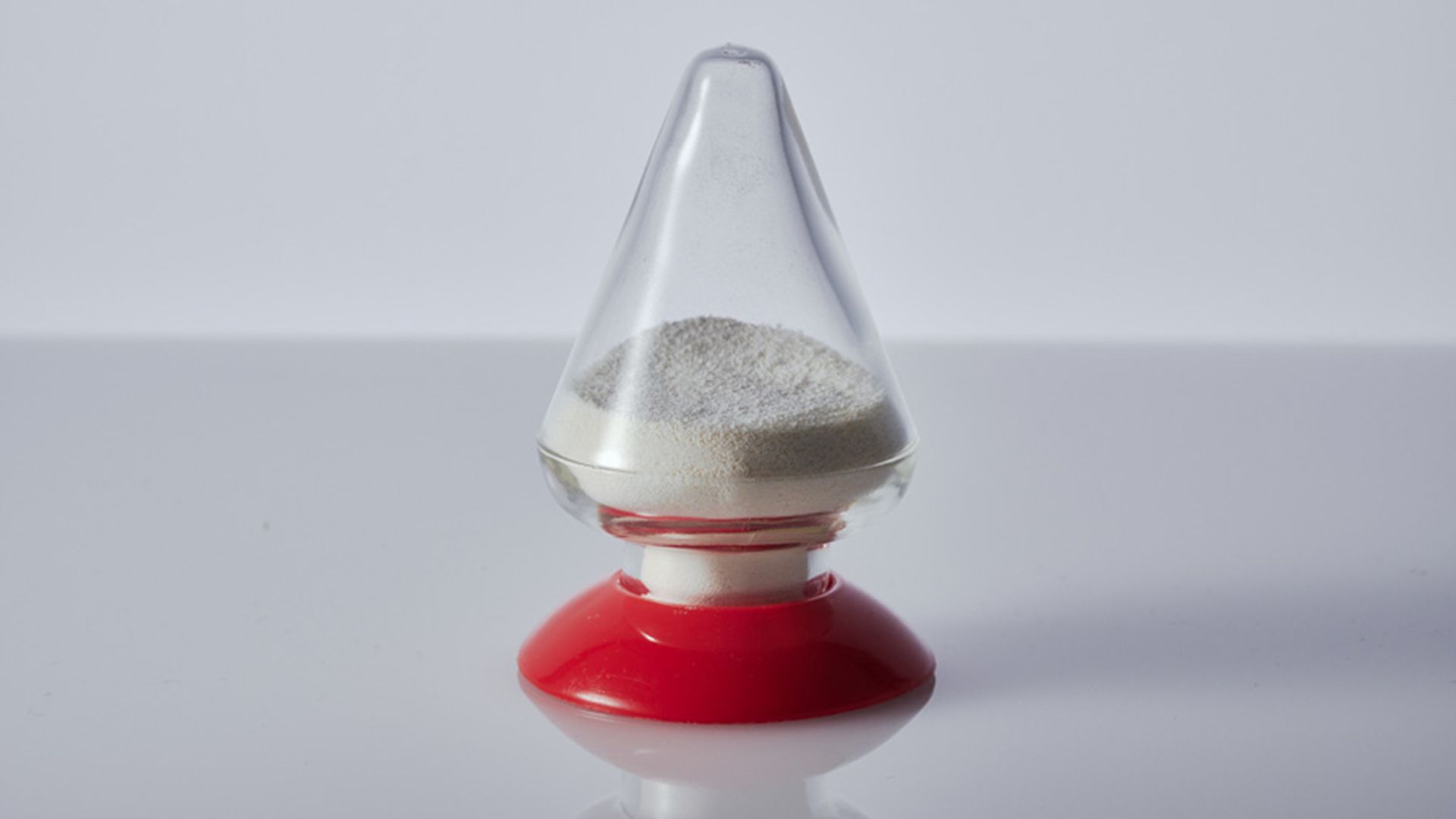
With solid-state batteries becoming more prominent in the auto market, specifically going head-to-head with standard lithium-ion ones, it’s only worth breaking down common myths that may be around regarding them. Because the electric vehicle market has not seen many models using solid over liquid battery technology, these have a somewhat mysterious reputation.
After all, when electric cars first started becoming well-known, there were plenty of conspiracy theories and misinformation circling the internet. Solid-state batteries offer a generally safer, stronger, and faster charge than traditional lithium configurations. They have been studied to last a bit longer and maintain their condition due to the solid electrolytes inside.
However, that’s not to say these batteries are fool-proof. Whether lithium-ion or solid-state batteries for electric vehicles, there are always pros and cons. Myths, however, are meant to be proved incorrect, which we’ll do throughout this post. After all, solid-state tech is quickly approaching a broader scale, so it’s always good to understand what you’re getting into. We’re not likely going to witness solid-state batteries take the place of lithium-ion anytime soon, but there could be further diversity in how we get our electric vehicles on the road.
In order to give you the most up-to-date and accurate information possible, the data used to compile this article was sourced from various manufacturer websites and other authoritative sources, including the EPA, TS2, and other reputable outlets.

Here Are The Safety Benefits Of Solid-State Batteries In EVs
Solid-state batteries present a number of safety advantages. However, the recent studies present a more nuanced narrative
Solid-State Batteries Are Fire-Proof
- Solid-state batteries can catch fire if improperly maintained, made, or when put through extreme conditions.
One of the more thrown-around myths surrounding solid-state batteries is that they’re fire-proof. Unfortunately, no battery is fire-proof (yet), including solid-state ones for electric cars. When exposed to extreme conditions, not maintained properly, or due to manufacturer defects, solid-state batteries are still able to catch fire.
That said, you may not have explosion rates like lithium-ion, as there aren’t reactive liquid electrolytes moving through the battery at any given moment. Solid-state batteries also provide a buffer for issues like fire, often only seeing this happen in extreme circumstances. So, to a point, these are fireproof but don’t rely on that 100 percent. No technology is perfect and likely won’t ever be. However, between lithium-ion and solid-state tech, solid-state is generally safer regarding fire risk.
Solid-State Batteries Will Become The New “Standard”
- Although solid-state batteries are advancing, they will not overpower lithium ones.
Another common myth surrounding solid-state technology is that these batteries will overpower lithium-ion ones in the upcoming years. Although possible, solid-state batteries remain a minority in the industry and are set to be released on a far smaller scale than lithium batteries. After all, we’ve relied on lithium-ion batteries for decades, and this is not set to stop being a fact as we venture into the next decade.
There are a few brands with solid-state batteries in the works, with Toyota pioneering much of the effort. For now, though, there is no evidence pointing at a solid-state battery takeover, and lithium batteries will maintain their stronghold. Regardless, there is power in technology diversity, so having both solid and liquid batteries powering EVs can only mean more options for eco-conscious drivers.
Toyota Will Release A Few Solid-State Models By 2027/2028
Adding to our previous Toyota point, the brand has plans to release multiple EVs using solid-state battery technology by 2027 or 2028. Through advancements in battery construction, Toyota has been able to swap out traditional lithium-ion batteries for more powerful solid-state ones in a few upcoming models. These upcoming vehicles will offer faster charging, extended range, and better overall safety to Toyota customers and will likely trigger an industry-wide adaptation to them.

Understanding The Difference Between Solid-State and Lithium-Ion Batteries
Solid-state battery technology is the future of the EV battery industry, and it brings many advantages over today’s lithium-ion batteries.
Solid-State Batteries Offer 1,000+ Miles Of Range
- Solid-state batteries cannot currently travel 1,000 miles per single charge.
The next myth surrounding solid-state battery tech is that these batteries currently offer 1,000 miles of range to EV drivers. Although this may one day be true, current solid-state batteries are reported to travel closer to 700 miles, so this is a bit less than what many people hope for as we end the decade.
Solid-state batteries undoubtedly go farther than current lithium-ion configurations but will not see 1,000+ miles for many years. That said, Toyota has hopes for a 745-900+ mile solid-state batteryfor upcoming models, so this is promising for the greater EV market. To put things into perspective, most EVs today travel over 300 miles per full charge.
Solid-state batteries average 500+ miles, which is already more impressive than lithium-ion in their earlier stages.
Most Lithium-Ion Batteries Only Travel 200 To 300 Miles
One thing to remember is that most lithium batteries have a current range of 200-300 miles. Solid-state batteries offer 500 miles on the shorter end, already beating this number significantly. However, that’s not to say these numbers can’t even out as the industry adapts and builds stronger solid and liquid-based vehicle batteries.
Interestingly, the EPA reports that most U.S. households travel under 100 miles per day. Therefore, for many, lithium-ion batteries have been fine for EV drivers living their everyday lives. However, long-distance drivers purchase hybrids or PHEVs in staggering numbers compared to fully electric vehicles.

